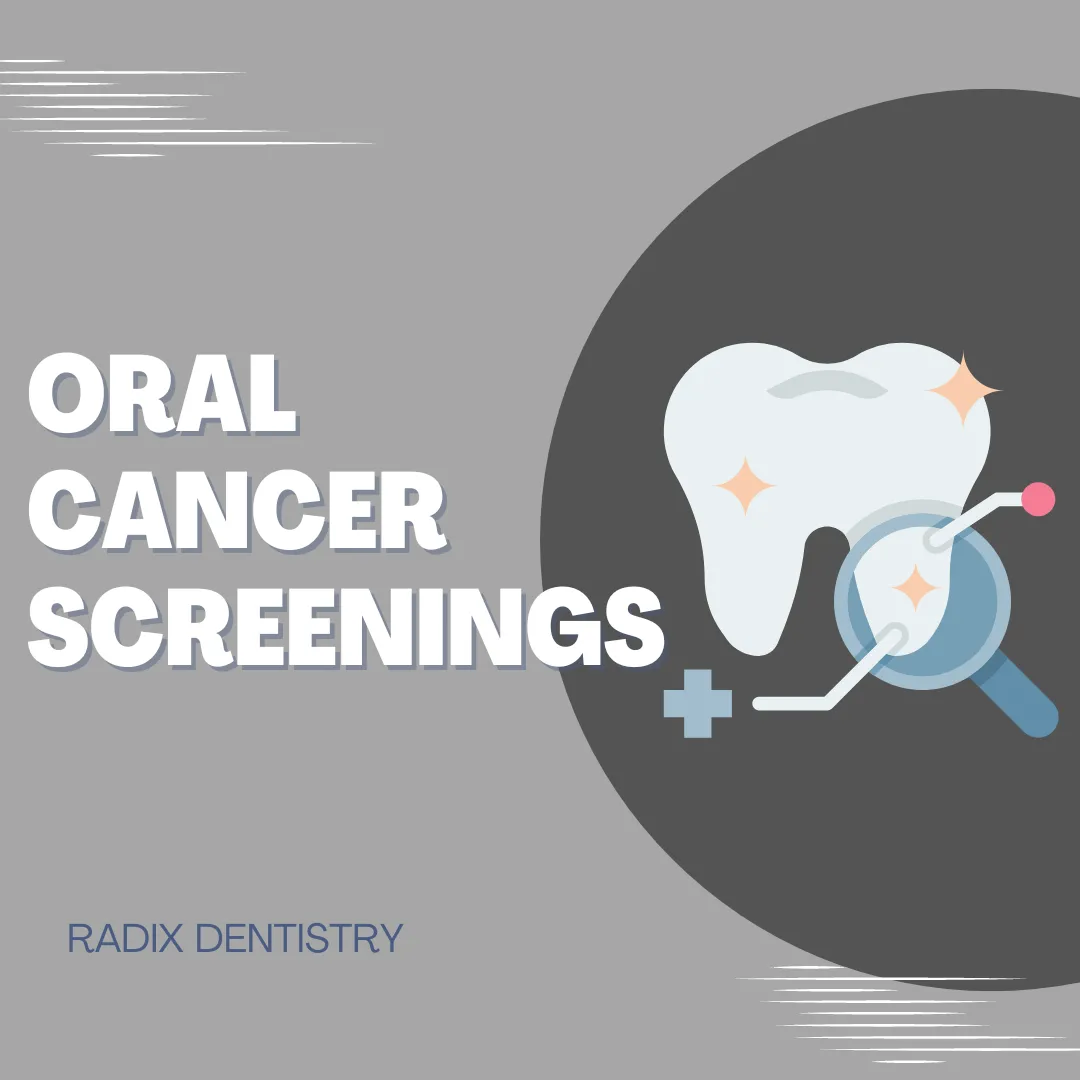The Importance of Oral Cancer Screenings
Imagine a scenario where a small, painless sore in your mouth goes unnoticed, gradually developing into a life-threatening condition. This is the harsh reality for many individuals who overlook the significance of regular oral cancer screenings. Leander, a vibrant city known for its commitment to health and wellness, offers a range of preventive measures to identify oral cancer at its early stages. In this blog article, we will delve into the world of oral cancer screenings, exploring their significance, the screening process, and how they contribute to early detection and prevention.
What is Oral Cancer?
Before we delve into oral cancer screenings, let’s gain a basic understanding of oral cancer itself. Oral cancer refers to the abnormal growth of cells in the mouth, including the lips, tongue, cheeks, and throat. According to the American Cancer Society, over 53,000 new cases of oral cancer were estimated in the United States in 2020 alone.
Recognizing the Signs and Symptoms
Oral cancer, often referred to as a silent threat, may initially present subtle signs and symptoms that are easily overlooked. However, being vigilant and aware of these indicators can significantly increase the chances of early detection. Here are some common signs and symptoms associated with oral cancer:
1. Persistent Mouth Sores or Ulcers
Do you have a sore in your mouth that doesn’t seem to heal? Persistent mouth sores or ulcers lasting longer than two weeks should not be ignored. They could be an early indication of oral cancer.
2. Unexplained Red or White Patches
If you notice unexplained red or white patches on your tongue, gums, or other areas inside your mouth, it’s crucial to get them examined. These patches could be an early sign of oral cancer.
3. Difficulty Swallowing or Chewing
Experiencing persistent difficulty while swallowing or chewing can be indicative of various oral health issues, including oral cancer. If you face such difficulties, consult a dental professional for a thorough examination.
4. Hoarseness or Changes in Voice
Has your voice become persistently hoarse or experienced other unusual changes? While such changes can have various causes, it’s important to rule out oral cancer as a potential factor.
5. Swelling or Lumps in the Mouth
The presence of swelling, lumps, or bumps in the mouth, throat, or neck area should be carefully examined by a dental professional. These physical abnormalities can be signs of oral cancer or related conditions.
The Role of Oral Cancer Screenings
Now that we understand the signs and symptoms associated with oral cancer, let’s explore the vital role that oral cancer screenings play in the early detection and prevention of this disease. Oral cancer screenings are comprehensive examinations performed by dental professionals to identify any potential abnormalities or precancerous conditions in the mouth.
Why Are Oral Cancer Screenings Important?
Early detection is crucial in the successful treatment of oral cancer. By identifying abnormalities at their early stages, the chances of effective intervention and treatment are significantly enhanced. Regular oral cancer screenings provide an opportunity to catch any signs of oral cancer before they progress, improving the overall prognosis for patients.
The Screening Process
During an oral cancer screening, your dental professional will conduct a thorough examination of your oral cavity, including the lips, tongue, cheeks, and throat. They will check for any irregularities, such as sores, lumps, or discolorations. In some cases, additional diagnostic tests, such as a biopsy or imaging, may be recommended to confirm or rule out the presence of oral cancer.
Who Should Get Oral Cancer Screenings?
Oral cancer screenings are recommended for individuals of all ages, regardless of their risk factors. While certain lifestyle choices, such as tobacco and alcohol use, can increase the likelihood of developing oral cancer, it is essential to remember that anyone can be affected. Regular screenings are an effective preventive measure for everyone, helping to ensure early detection and timely intervention if needed.
How Often Should You Get Screened?
The frequency of oral cancer screenings may vary depending on individual factors. In general, it is advisable to undergo an oral cancer screening at least once a year. However, your dental professional may recommend more frequent screenings based on your medical history, lifestyle choices, or if you exhibit any specific risk factors.
Preventive Measures: Reducing the Risk of Oral Cancer
While oral cancer screenings are crucial for early detection, it’s equally important to adopt preventive measures to reduce the risk of developing oral cancer. Here are some lifestyle choices that can help safeguard your oral health:
1. Avoid Tobacco and Alcohol Use
Tobacco use, including smoking and smokeless tobacco, significantly increases the risk of developing oral cancer. Similarly, excessive alcohol consumption can also contribute to oral cancer. By avoiding these substances, you can significantly reduce your risk.
2. Practice Good Oral Hygiene
Maintaining proper oral hygiene habits, such as regular brushing, flossing, and using mouthwash, helps promote oral health and reduces the likelihood of developing oral cancer. Remember to schedule regular dental check-ups to ensure comprehensive care.
3. Protect Your Lips from Sun Exposure
Prolonged sun exposure can increase the risk of lip cancer. Whenever you step outside, make sure to apply a lip balm or sunscreen with adequate SPF protection to shield your lips from harmful UV rays.
Oral cancer screenings are vital tools for the early detection and prevention of oral cancer. In a city like Leander, where the emphasis on health and wellness is strong, taking advantage of these screenings is of utmost importance. By recognizing the signs and symptoms of oral cancer, understanding the screening process, and adopting preventive measures, you can actively contribute to maintaining your oral health. Don’t overlook the significance of oral cancer screenings—schedule one today and safeguard your smile for a lifetime.

















